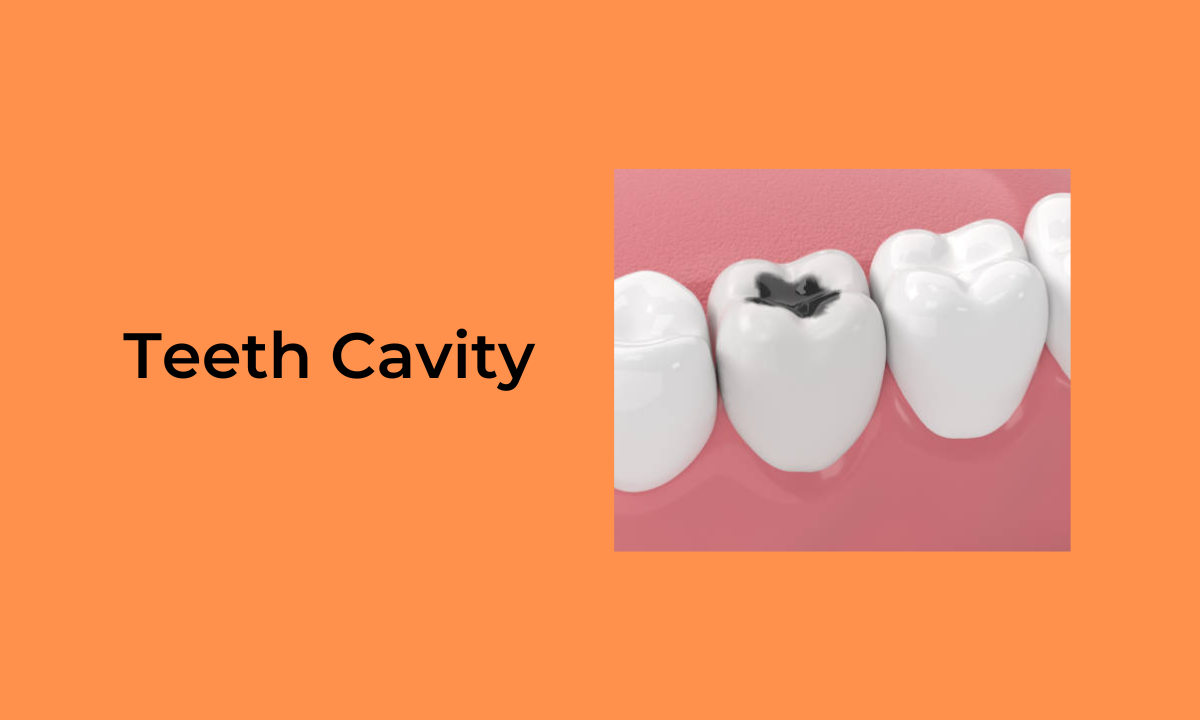Maintaining good oral health is critical for avoiding cavities and keeping your teeth in good shape. Cavities, also known as dental caries, form when the enamel, your teeth’s protective outer layer, erodes due to bacterial activity, causing discomfort, infection, and even tooth loss if left untreated. Understanding how cavities occur and taking preventative actions can greatly lower your risk of deterioration.
In this post, we will discuss cavities, how they occur, and how to protect your teeth from damage. We’ll also emphasize the necessity of having regular dental exams and cleanings to maintain good oral health. If you require professional care, dental clinics in Whitefield can provide expert advice and treatments tailored to your unique needs. Being attentive and proactive can help keep your smile healthy and cavity-free.
The Importance of Dental Health
Dental health is critical to your overall health since it affects more than just your smile. Healthy teeth and gums not only help you chew and communicate better, but they also raise your self-esteem and confidence. Proper dental care is critical for avoiding common issues like cavities, gum disease, and bad breath, all of which can reduce your quality of life and overall comfort.
Furthermore, good dental health is linked to a lower risk of major systemic conditions including heart disease and diabetes. Poor oral hygiene can result in discomfort and infections, jeopardizing your overall health. Consider seeing a qualified dentist in Whitefield to keep your teeth and gums healthy. They can offer tailored advice and treatments to help you keep good oral health, thereby safeguarding both your smile and your general well-being.
What Are Cavities and How Do They Form?
Cavities are regions of dental decay that form as the enamel, your teeth’s protective outer coating, wears away. This method creates small holes or pits in the teeth. Cavities are often generated by a combination of bacteria, carbohydrates, and acids in the mouth. Here’s a simple description of how this occurs:
Bacterial Growth: Bacteria are normally present in your mouth. When you eat sweet or starchy foods, these bacteria feed on the sugars, producing acids as a byproduct.
Acid Attack: Bacteria-produced acids can erode tooth enamel, eroding its protective barrier.
Demineralization: Demineralization occurs when the enamel is repeatedly exposed to acids, causing it to lose minerals, weaken and finally develop cavities.
If left untreated, tooth decay can spread further into the tooth, causing pain and needing more invasive dental procedures. Taking actions to avoid cavities will help you keep your teeth and mouth healthy.
Tips to Prevent Tooth Decay
Preventing tooth decay is essential for good oral health, and it needs both effective cleaning practices and healthy lifestyle choices. Here are some practical ways to prevent your teeth from cavities:
Brush Regularly: Brush your teeth at least twice a day using fluoridated toothpaste. A soft-bristled toothbrush is ideal for gently cleaning all surfaces of your teeth and gums.
Floss Daily: Daily flossing eliminates food particles and plaque from between your teeth and behind the gumline, where a toothbrush alone may not reach.
Limit Sugary Foods: Limit your consumption of sugary foods. Cutting back on sugary and starchy meals can limit the amount of bacteria in your mouth that feed on these substances, lowering your risk of developing cavities.
Drink Water: Drinking water helps to remove food particles and acids from your mouth. Fluoride improves dental enamel, therefore use fluoridated water whenever possible.
Use Mouthwash: Antibacterial mouthwash can help reduce plaque and bacteria in your mouth.
Chew Sugar-Free Gum: Chewing sugar-free gum after a meal stimulates saliva flow, which helps with acid neutralization and teeth remineralization.
Signs and symptoms of a cavity
Cavity detection at an early stage is crucial for avoiding more severe dental damage. Recognizing the symptoms of a cavity allows you to seek immediate treatment. Here are a few common indicators to watch for.
Tooth Sensitivity: If you are sensitive to hot, cold, or sweet meals, it may suggest that a cavity is forming.
Toothache: Persistent or severe pain in a tooth may signal the presence of decay and require prompt attention.
Visible Holes: Cavities can form on your teeth as black stains or visible holes, suggesting that the enamel has been damaged.
Bad Breath: Persistent bad breath can be caused by decay or infection, indicating the presence of a cavity.
If you detect any of these symptoms, see a dentist right once. Early intervention can help resolve the problem before it worsens and necessitates more thorough treatment. Regular dental check-ups are also necessary to preserve overall oral health and detect problems early.
Regular dental check-ups and cleanings.
Regular dental examinations and professional cleanings are vital for keeping your teeth healthy and free of cavities. Here’s why these visits are vital.
Find Early Issues: During routine exams, dentists can find cavities in their early stages, allowing for treatment before the decay advances and causes significant damage.
Provide Professional Cleaning: Even with regular brushing and flossing, plaque and tartar can accumulate in difficult-to-reach regions. Professional cleanings remove this accumulation, which lowers your risk of cavities and gum disease.
Preventive Treatments: Dentists may offer fluoride treatments or dental sealants to strengthen enamel and prevent decay.
To maintain good dental health, you should see the dentist at least twice a year, or more frequently if your dentist suggests. Regular check-ups assist in identifying any potential issues early on and keep your teeth in the best possible condition. Regular dental check-ups and cleanings.
Conclusion: Taking Care of Your Teeth and Preventing Cavities
Taking care of your teeth and avoiding cavities is possible with regular and aggressive efforts. You can dramatically reduce your risk of tooth decay by practicing proper oral hygiene, such as brushing and flossing twice a day, eating better, and seeing your dentist regularly. These activities not only keep your teeth healthy, but they also improve your general health and quality of life.
Regular dental check-ups are essential for preventing future complications. If you want specialist care, dental clinics in Whitefield can provide expert advice and treatment options suited to your individual needs. Prioritizing your dental health now will result in a healthy smile for many years to come, and you will thank yourself later.
Growing Smile Dentists Whitefield is a well-known dental clinic in Whitefield that offers pediatric dentistry. Many parents are happy with the friendly and caring service offered by Growing Smile Dentists, shown with good online reviews praising the doctor’s patience and attention to child comfort.


